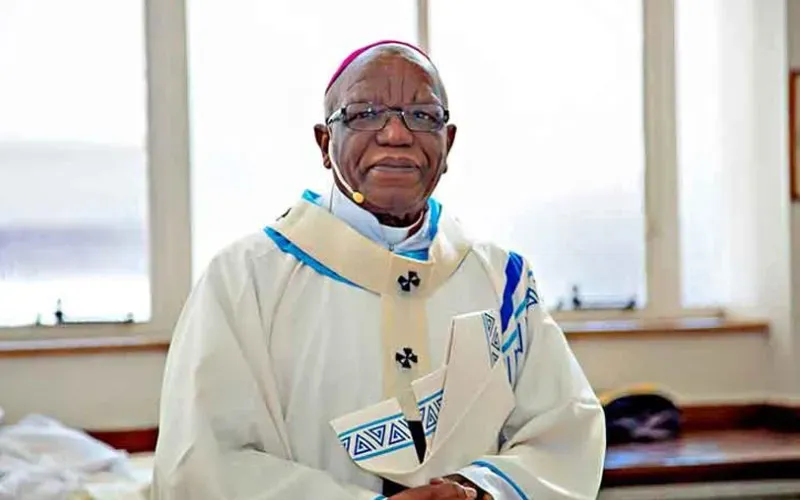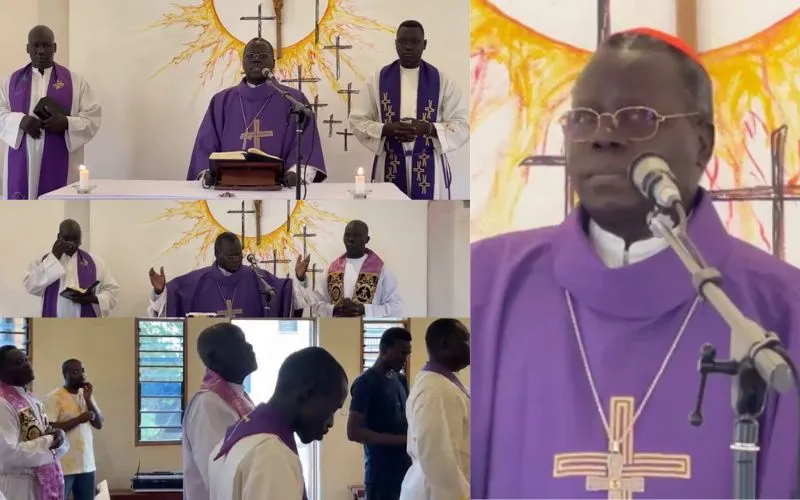Johannesburg, 15 May, 2022 / 10:20 am (ACI Africa).
The need to bring stability in family life, repairing families that are “broken”, is among the highlights of the ongoing preparations for the Synod on Synodality in South Africa’s Johannesburg Archdiocese, Archbishop Buti Joseph Tlhagale has said.
In an interview with ACI Africa, the Archbishop of Johannesburg said that in the synodal process in his Metropolitan See, the people of God are also examining the youth and their participation in Church activities.
“Several themes have been raised. The first is marriage and family life. We need to stabilize family life; we need to repair broken families. If we don't do that, the unhappiness tends to perpetuate itself in the children in those families”, Archbishop Tlhagale told ACI Africa during the Wednesday, May 11 interview.
He added, “It's important from time to time to renew family bonds, so families can become aware of their responsibilities and challenges and how to respond to those challenges; renewal of marriage, and family life is extremely important.”
The South African Catholic Archbishop said the Synodal process is also giving space to young people "so that their voices are heard and that they are also seen and participate in church activities.”








